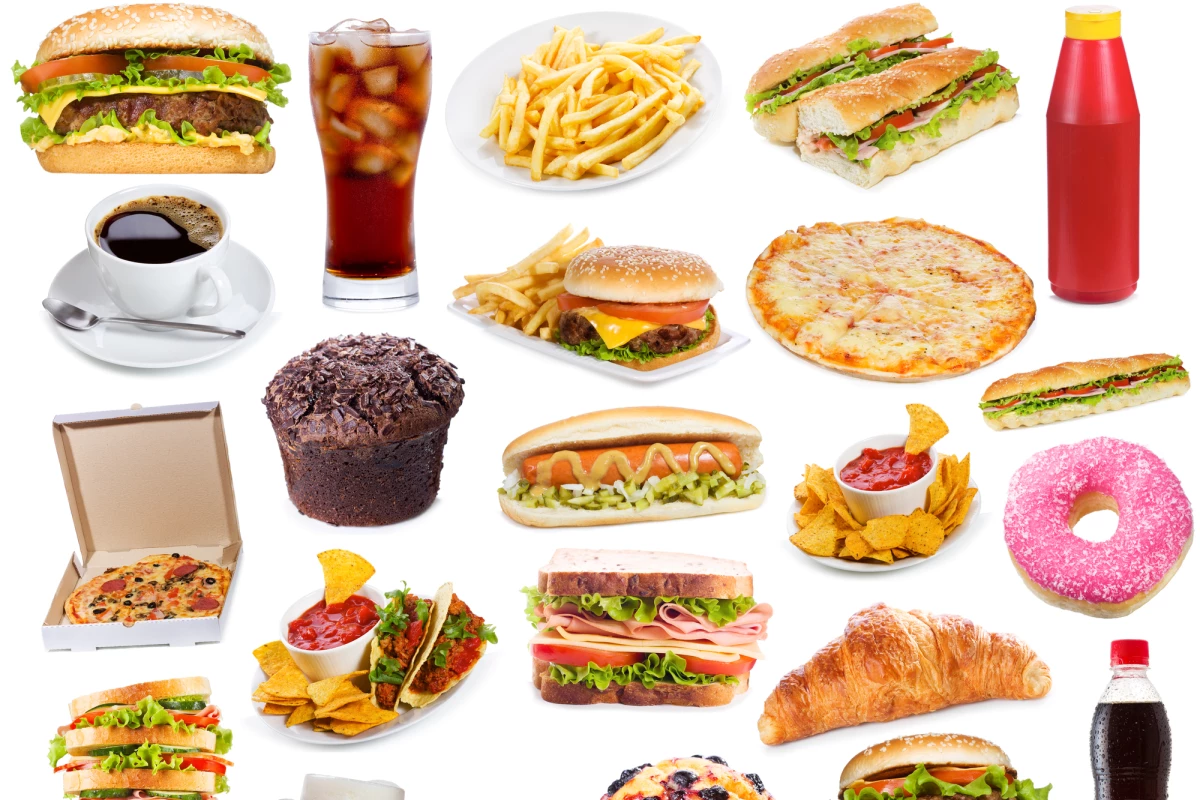A first-of-its-kind study led by researchers at George Washington University has measured levels of plasticizer chemicals in a number of fast food products. The findings reveal high concentrations of a number of potentially harmful chemicals, such as phthalates, in almost all samples studied.
Chemicals called phthalates are often used to soften plastics, and for more than 50 years they have been used in thousands of different consumer products, from toys to food packaging.
Over the years an increasing body of evidence has indicated these chemicals can disrupt normal hormone functions and lead to health issues, including heart disease and reproductive problems. A recent study indicated up to 100,000 premature deaths in the United States every year could be attributed to phthalate exposure.
Phthalates are so ubiquitous it is estimated virtually every American likely has some concentration of these chemicals in their body. And epidemiological studies have consistently found correlations between frequent fast food consumption and increased phthalate exposure. But until now there has been no robust investigation measuring levels of these chemicals in fast foods.
The new study collected 64 food items from popular fast food chain restaurants spanning three categories: hamburgers, pizza and Tex-Mex. The items were analyzed for the presence of eleven different chemicals – phthalates and newer chemicals used to replace phthalates.
“We found phthalates and other plasticizers are widespread in prepared foods available at U.S. fast food chains, a finding that means many consumers are getting a side of potentially unhealthy chemicals along with their meal,” says lead author on the study, Lariah Edwards.
Traces of a phthalate called DnBP was detected in 81 percent of the food samples, and another phthalate called DEHP was found in 70 percent of the samples. These two particular chemicals have been linked to neurodevelopmental, metabolic, and reproductive disorders, the researchers note in the new study.
A chemical called di(2-ethylhexyl) terephthalate (DEHT) was the most common to be detected in the study, with researchers finding it at high concentrations in 86 percent of the food samples. DEHT is not a traditional phthalate and has been more recently used as a replacement for phthalates in manufacturing.
DEHT, and another phthalate replacement known as DINCH, are the most common phthalate substitutes in the U.S. and Europe but the researchers do stress safety studies on these chemicals are limited. A small number of animal studies are cited suggesting DEHT and DINCH do not cause reproductive problems in rats. However, the study also notes there is in vitro data indicating these chemicals can disrupt cellular pathways, which could contribute to adverse human health outcomes.
The study also collected samples of plastic gloves used in several fast food restaurants. Testing of the gloves revealed high levels of DEHT, leading the researchers to hypothesize the gloves contribute to the chemical exposure. It is also noted that fast food supply chains involve numerous stages of plastic packaging and this can ultimately contribute to the high levels of chemical exposure in the final food products.
“Although some phthalates are banned from toys and other products, these chemicals are still used in food packaging materials,” the researchers conclude in a fact sheet accompanying the study. “Stronger regulations are needed to help keep all phthalates and replacement plasticizers out of our foods.”
The new study was published in the Journal of Exposure Science & Environmental Epidemiology.
Source: The George Washington University




